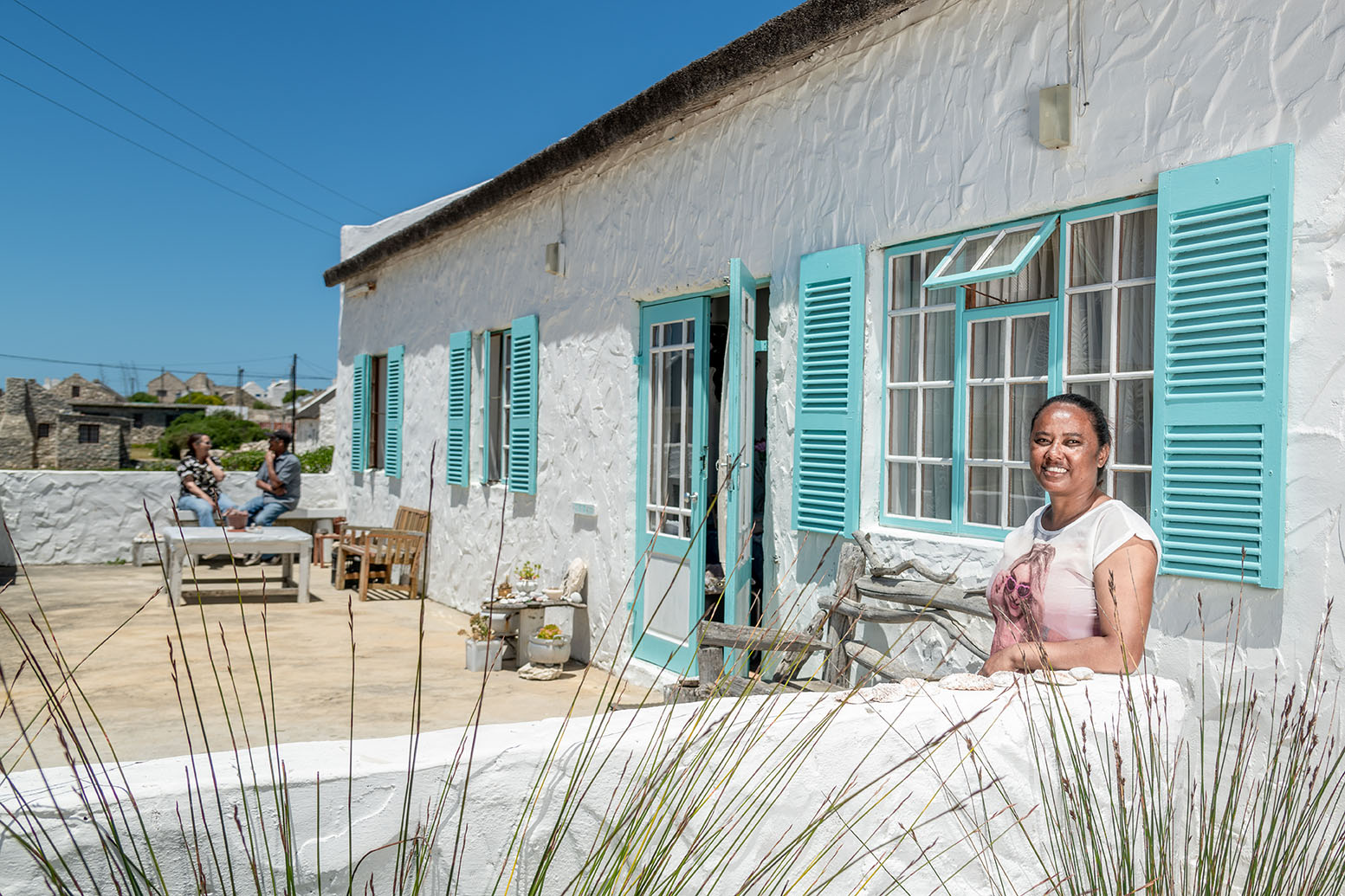Proposal for new measures to foster more inclusive tourism in South Africa
Key Takeaways
- Proposal includes the introduction of a clear and proportionate national framework for the regulation of short term rentals that distinguishes between professional and non-professional activity; increased cooperation between private and public sectors; and the development of programmes that encourage and enable inclusivity.
- Airbnb is committed to lowering the barriers to entry and empowering historically disadvantaged people in South Africa to benefit from tourism.
- Airbnb supports the establishment of a simple online national registration system for short-term rentals that gives authorities the insights they need to make data-informed decisions.

Key Takeaways
- Proposal includes the introduction of a clear and proportionate national framework for the regulation of short term rentals that distinguishes between professional and non-professional activity; increased cooperation between private and public sectors; and the development of programmes that encourage and enable inclusivity.
- Airbnb is committed to lowering the barriers to entry and empowering historically disadvantaged people in South Africa to benefit from tourism.
- Airbnb supports the establishment of a simple online national registration system for short-term rentals that gives authorities the insights they need to make data-informed decisions.
Airbnb has today written to policymakers in response to the draft Green Paper on the Development and Promotion of Tourism in South Africa proposing a series of measures that will help build a more inclusive tourism economy, and empower government and the private sector to work together to address important issues, such as systemic barriers to entry and inequality.
In a recent survey*, half of Hosts across South Africa said the money they earn from hosting helps cover the rising cost of living, and over a third said the additional income helps them make ends meet. Airbnb recognises the historic challenges in South Africa and the need for a more inclusive economy, and wants to work together with the government to be part of the solution by enabling anyone, anywhere to become a tourism entrepreneur.
What Airbnb is proposing
- Short term rental regulation – Airbnb calls for a clear and proportionate national framework for the regulation of short term rentals and the establishment of a simple online national registration system. New rules that distinguish between professional and non-professional activity will give authorities the insights they need to make data-informed decisions on the tourism industry, protect the everyday hosts who occasionally share their homes, and clamp down on property speculators who damage communities.
- A clear definition of short term rentals – The establishment of a clear definition of “short term rentals” in accordance with international best practice to give clarity to the sector within the tourism industry.
- Increased collaboration between public and private sectors – Bring together public and private sector in partnership to create more inclusive industries in South Africa. This includes the development of programmes that lower barriers to entry into the tourism economy and empower historically disadvantaged people, SMMEs and local tourism entrepreneurs to build and grow their businesses. Airbnb calls on the government to further recognise the power of public, private partnerships, and stands ready to contribute to this important work, including through its own programmes such as the Airbnb Entrepreneurship Academy, which most recently took place in the Waterberg in Limpopo.
- Further investment in tourism dispersal projects – The implementation of collaborative tourism campaigns that encourage the disbursement of peri-urban and rural tourism to ensure the growth of the sector is spread to lesser-visited destinations and disadvantaged communities. Next week, Airbnb will launch a digital campaign in partnership with the Endangered Wildlife Trust and Waterberg Tourism to help boost the economic opportunity of the region through tourism.
It is critically important that the public and private sectors work collaboratively together to address the complex and multifaceted issue that is inclusivity in South Africa, including by finding ways to lower the barriers to entry and to ensure that all South Africans can benefit from the tourism economy.
“The Airbnb platform can help anyone, anywhere, to become a tourism entrepreneur, and as living costs continue to rise, we want to work together with the government to help more South Africans to participate in tourism, particularly historically disadvantaged people. We’re continuing to invest in programmes such as the Airbnb Entrepreneurship Academy, that support a more inclusive tourism economy, but the private sector alone cannot solve the historic inequality challenges facing South Africa. Now is the time to establish a clear set of rules for short term rentals in South Africa that create a more inclusive and sustainable industry, and enable more people, in more places, to benefit from tourism.”
Velma Corcoran, Regional Lead Middle East Africa at Airbnb
In 2021, Airbnb announced a new three-year commitment to South Africa to address barriers to becoming a tourism entrepreneur and to help rebuild a more inclusive and resilient domestic tourism economy. It is now going further by calling for increased public and private sector collaboration, and the establishment of clear and proportionate rules for short-term rentals to support this work.
While this difficult issue won’t be solved overnight, Airbnb will continue to invest in campaigns and programmes via the Airbnb Entrepreneurship Academy that build a more inclusive tourism economy in South Africa.